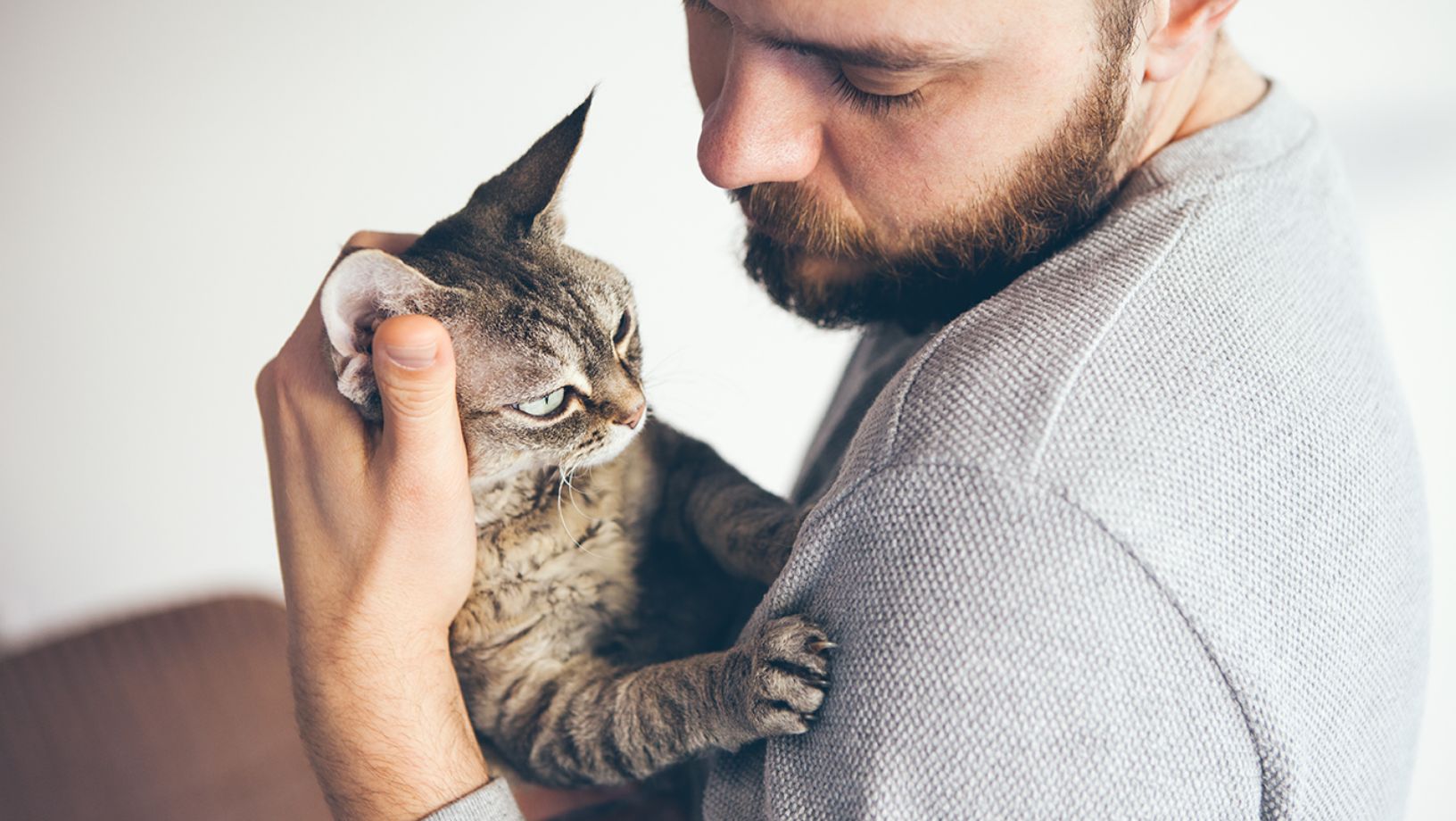When Should I Spay or Neuter My Cat?

In this Article
There’s a lot of debate about what the right age is to spay/neuter a cat. Most vets agree that it is very important and that cats need to be sterilized. Getting your cat “fixed” is a responsible choice that can support their health and happiness for the rest of their life. So why is it so important, and when should you spay or neuter your cat?
What is the Difference Between Spay and Neuter?
Both of these terms refer to the sterilization of a pet. Spaying is the removal of a cat’s ovaries, fallopian tubes and uterus. The term “neuter” is the male-equivalent form of spaying that involves the removal of their testes.
Both procedures are often referred to as “fixing” and mean that they will no longer be able to reproduce.
Why Should You Spay/Neuter Your Cat?
There are different benefits to getting your cat spayed or neutered, depending on if they are a female or male cat. Overall, choosing to get your cat fixed protects their wellbeing. Different benefits of getting the procedure done include:
- Prevents Pregnancy - Spaying/neutering prevents pregnancies in cats which can have positive effects on their overall health.
- Reduces Overpopulation - Speaking of cat pregnancies, overpopulation of cats is a huge problem in some communities and animal shelters. There are some organizations that collect stray cats and kittens just to re-release them after they have been spayed or neutered because there are not always homes for these cats. Even if you have an indoor cat, even one random trip outdoors could result in pregnancy. Getting your cat spayed or neutered reduces overpopulation so that there aren’t even more cats without homes to go to.
- Reduces Risk of Cancer - For female cats, spaying can help prevent cancer of the reproductive system. For male cats, neutering prevents cancer of the testicles. No one wants their cat to face conditions that are preventable.
- Can Improve Health - For female cats, spaying prevents uterine infections that are referred to as Pyometra.
- Can Calm Them Down - Kittens can be rambunctious and wild. This is part of their charm, but it would be nice if they eventually calmed down. The spaying/neutering process can have a positive change in a cat’s attitude. For male cats, it can even reduce agitation.
- Reduce Roaming - Neutered male cats may also roam less, which has the added benefit of being less likely to get lost or become involved in territorial fights.
- Reduces Spraying - Neutering also reduces “marking,” that is, spraying their urine.
When Should You Get Your Cat “Fixed”?
The biggest debate about this topic is when the procedure should be done. Some professionals say that it can be done earlier in a cat’s life, and others think it is the responsible decision to wait.
The general consensus is that a cat should be spayed/neutered by the time they are 6 months old or when your veterinarian has instructed you to do so. Always listen to the advice of your veterinarian when it comes to the health and wellbeing of your cat.
When is Too Early to Get My Kitten Fixed?
The safety of this procedure has less to do with age and more to do with the size of your kitten. Your kitten needs to be strong enough to handle the procedure and developed enough to recover from it. Kittens that are less than 2 pounds have a harder time bouncing back from this procedure. Most vets will not spay or neuter your kitten if they weigh less than 2 pounds.
As far as time goes, many professionals and organizations advocate for early spay/neuters. This is because many states prohibit the adoption of cats that have yet to be fixed and organizations want to find their kittens a home, as soon as possible.
Information in this article is not intended to diagnose, treat or cure your pet and is not a substitute for veterinary care provided by a licensed veterinarian. For any medical or health-related advice concerning the care and treatment of your pet, contact your veterinarian.

